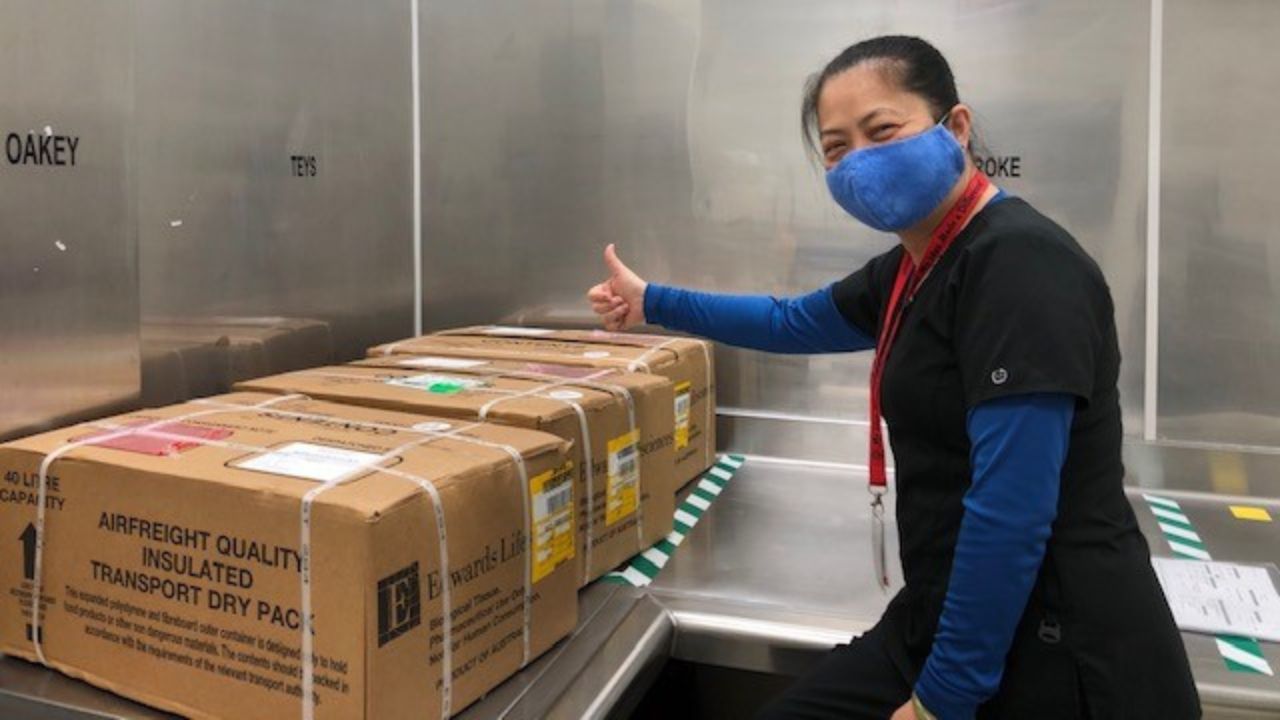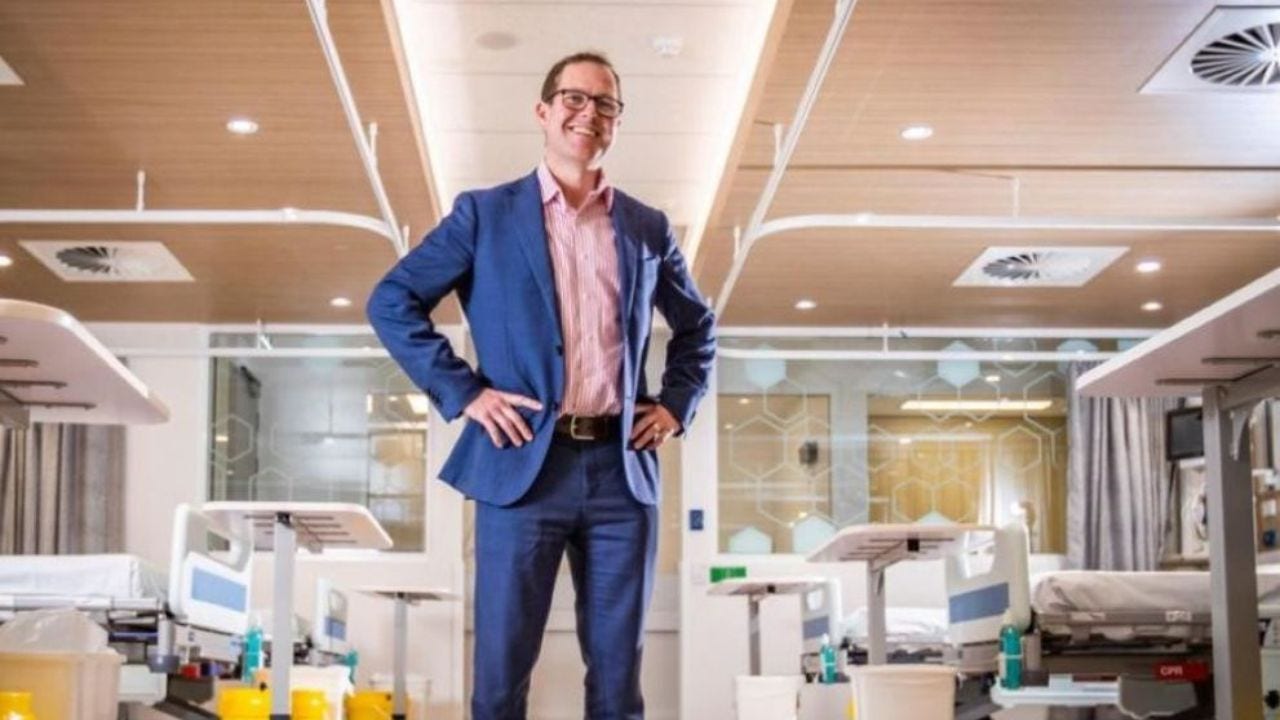Australian bovine tissue keeps hearts beating worldwide
Since 2015, tens of thousands of Australians have benefited from Edwards Lifesciences’ transcatheter aortic heart valve device. These lifechanging devices are made from Australian bovine tissue. Australian cows – raised in clean, green environments and famed for their health – provide the high-quality tissue needed to produce these devices.
‘We have sourced bovine tissue from Australia for almost 20 years,’ says Polo Guilbert-Wright, Government Affairs Senior Director at Edwards Lifesciences Australia. ‘We look for tissue that is consistently healthy, and our Australian suppliers always deliver. We also have full traceability across the supply chain.’
Sourcing lifesaving bovine tissue from Australia
Edwards Lifesciences designs, develops and manufactures products for structural heart disease and critical care monitoring. The California-based company set up a subsidiary in Australia in 2001 and now employs over 100 people across 5 states.
A critical component of Edwards Lifesciences’ heart valves is bovine pericardium tissue (the sac that surrounds a cow’s heart). This thin but durable tissue is a key part of the transcatheter aortic valve implantation (TAVI) used to treat aortic stenosis.
Edwards Lifesciences sources this tissue from multiple suppliers in the US and Australia. Australia provides more than half of the company’s tissue supply. It sources tissue from multiple suppliers in Queensland. Guilbert-Wright says Australian bovine tissue is outstanding.
‘We need to make sure the thickness and performance of the “leaflets” (the thin flaps of tissue used to make heart valves) are consistent,’ he explains. ‘Otherwise, they will affect how blood flows through the heart. We find the tissue coming out of Australia is consistent and of a high quality.’
Fully traceable from paddock to patient
Edwards Lifesciences’ Australian suppliers extract, clean and pack the tissue into Eskies filled with wet ice. These Eskies are transported to the US and Singapore where the tissue is manufactured into heart valves. This process must be completed in 96 hours.
‘Our Australian suppliers document the entire process,’ says Guilbert-Wright. ‘We can trace the tissue back to a group or lot of cattle and follow it until it arrives. It ensures full accountability across the supply chain.’

IFAM flies lifesaving tissue to the US
The closure of international borders due to COVID-19 threatened to cut off a critical supply chain. Overnight, there was no way to transport the tissue from Australia to the US.
Edwards Lifesciences immediately turned to Austrade for help. Within a short period of time, the agency obtained the permissions that enabled the company to access the International Freight Assistance Mechanism (IFAM). IFAM was a temporary, targeted, emergency support measure put in place by the previous Australian Government. It kept global air links open in response to the effects of the pandemic.
Edwards Lifesciences used IFAM to airfreight bovine tissue from April 2020 until June 2022. The service ensured the tissue reached the California production facility before its 96-hour expiry period. The company imported more than 400,000 batches of tissue over that time.
‘The IFAM flights helped keep the supply chain of our tissue between Australia and the US open,’ says Edwards Lifesciences Managing Director for ANZ, Pat Williams.
‘We have been able to continue sending bovine tissue from Brisbane to Irvine, where they are manufactured into life-saving heart valves and sent to patients all over the world.’
Austrade has supported Edwards Lifesciences for several years. In addition to IFAM, the agency has provided information on Australia’s regulatory environment and its clinical trials infrastructure. It has also introduced the company to various arms of government.
Trialling next-generation products in Australia
Edwards Lifesciences also undertakes clinical trials in Australia. The company works with a number of Australian hospitals that contribute to global clinical trials. It also works with tertiary hospitals that recruit and treat patients.
Guilbert-Wright says there are many reasons why Australia is a great place for clinical trials.
‘The quality of clinical outcomes is outstanding,’ he says. ‘The infrastructure – in terms of the hospitals and their ability to recruit and treat patients – is impressive.
‘The Australian clinical fraternity is first-rate. The clinicians we partner with are on the podium at all the global cardiac symposia. We are privileged to partner with them.
‘It’s also easy to set up clinical trials here,’ he adds. ‘That’s a real comparative advantage for Australia as compared to other jurisdictions.’
Australia also has a globally recognised regulatory system. Data from clinical trials conducted in Australia is accepted by overseas regulatory agencies.
Do business with Australia
Invest in the Australian market - buy from Australian suppliers.


